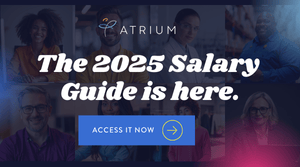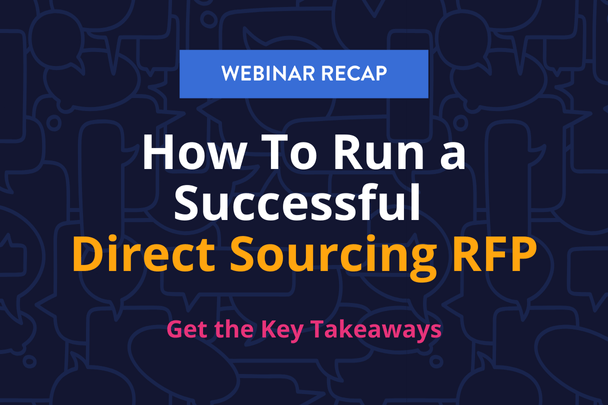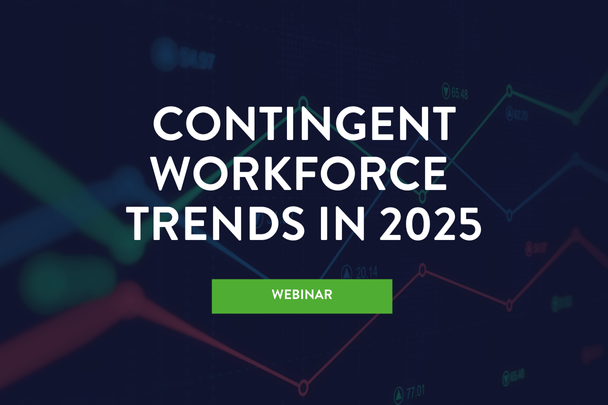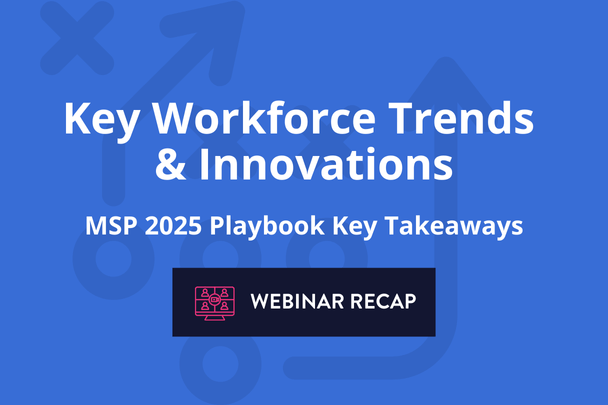As a proud corporate partner of the National LGBT Chamber of Commerce (NGLCC) and advocates for diversity and inclusion, Atrium believes in the power of supporting LGBTQ+ businesses and fostering an inclusive economy. During the week of August 14th, our dedicated Supplier Diversity Manager, alongside our Diversity, Equity and Inclusion team, joined forces to participate in the NGLCC International Business and Leadership Conference. This week-long event brimmed with enlightening dialogues, expansive networking prospects, and illuminating educational sessions, all dedicated to propelling LGBTQ+ entrepreneurs and enterprises to new heights. Atrium Supplier Diversity & Business Development Manager Jaqueece Walton and People & Engagement Business Partner Aiyana Jones discuss their experience at NGLCC and provide insight into why the convergence of these teams at such conferences is such a pivotal force.
Jaqueece Walton: From the moment the team and I walked into the conference venue, we were immersed in an atmosphere of celebration, unity, and acceptance. The event was a melting pot of diverse identities and perspectives, with attendees proudly representing the LGBTQ+ community and their businesses. This vibrant and inclusive environment provided a stark reminder of the importance of creating spaces where everyone can thrive and contribute their unique strengths.
Aiyana Jones: I could feel the energy buzzing throughout the entire venue. Being part of the LGBTQ+ community myself, I felt at home and knew immediately that this would be a week of learning, inspiration, and authentic connection. As a dedicated member of Atrium’s Employee Experience and DEI team, I was particularly drawn to the breakout sessions that delved into DEI topics, offering profound insights and illuminating dialogues on LGBTQ+ experiences, inclusion, and accessibility. One of the standout sessions was hosted by Elena Joy Thurston on “Inclusive Leadership Skills: Beyond the Buzzwords and Into Action” where she told her incredible story recovering from conversion therapy and how inclusive leadership makes for authentic, sustainable, and successful DEI strategies. The breakout sessions were carefully curated and reaffirmed the profound impact DEI initiatives can have on both individuals and businesses. The diverse range of discussions, coupled with the shared commitment of attendees, created an environment ripe for learning and growth.
Jaqueece Walton: One of the most remarkable aspects of the conference for me was the opportunity to connect with a myriad of small business suppliers. Each conversation was a chance to learn about their journeys, their offerings, and the challenges they’ve overcome. Whether it was a passionate entrepreneur sharing their vision for a more inclusive future such as Marcus Williams who is the CEO of MW Consulting, LLC or a seasoned business owner such as Logan Wick of OutBranding Promos who has been able to offer valuable insights to many. As I engaged with these small business suppliers, I was struck by their creativity, adaptability, and fresh perspectives. Embracing diversity doesn’t just fulfill a moral obligation; it propels us forward by fostering a culture of creativity and innovation that’s essential in today’s rapidly evolving business landscape.
Aiyana Jones: In addition to the sessions themselves, the conference provided ample networking opportunities that led to invaluable conversations with fellow DEI practitioners. The conference enabled us to connect with possible future suppliers that can help propel our own DEI initiatives forward in areas of learning and development, technology, and marketing and accessibility. We were able to learn from and connect with organizations such as Firefly Partners and LimeRed who gave insight on inclusive and accessible marketing both in and outside the workplace. These interactions solidified the importance of learning from one another’s experiences and challenges, forming a collective force for change.
Jaqueece Walton: Beyond the feel-good aspect of supplier diversity lies its tangible business benefits. Engaging with businesses from different backgrounds not only expands our supplier base but also enhances competitiveness. Small businesses often bring agility and niche expertise to the table, qualities that can make a significant impact on our operations and bottom line. The impact of supplier diversity extends far beyond individual businesses. By empowering small business suppliers, we contribute to local economies, create jobs, and ultimately drive broader economic growth. These businesses are not just suppliers – they’re engines of change that play a pivotal role in building resilient communities.
Aiyana Jones: The NGLCC International Business and Leadership Conference has left me inspired, invigorated, and armed with fresh perspectives to continue championing DEI within Atrium. While Jaqueece tackled making meaningful business connections, I was able to take in all of the great speakers and resources provided throughout the conference. NGLCC’s emphasis on bridging the gap between Supplier Diversity and Employee Business Resource Groups through their Business Resource Groups (BRGs) Challenge further drove home the importance of how our teams interact to move toward a greater goal.
As we reflect on our experience, it’s evident that the path to a more equitable and inclusive future is multifaceted. The National LGBT Chamber of Commerce Conference served as a powerful catalyst, one that requires continuous learning, collaboration, and action. As we move forward, we will continue to forge meaningful connections, embrace new perspectives, and foster an environment where all voices are not only heard but valued. Together, we can shape a future where diversity is our greatest strength and innovation and inclusivity pave the way for lasting success.











